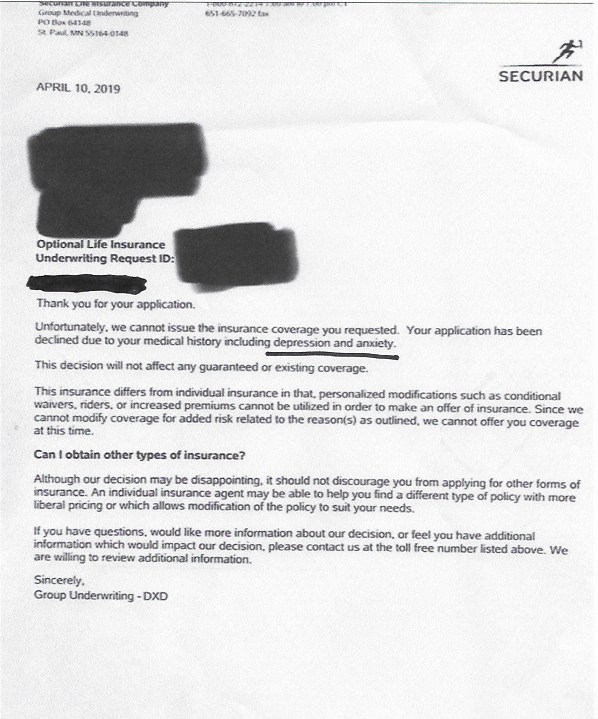
(5-6-19) “The Lord works in mysterious ways,” Tim Murphy told me.
When he was a member of Congress, he wielded power and enjoyed prestige – especially in the mental health community.
It was Murphy who held hearings immediately after the December 14, 2012 mass shooting of school children at Sandy Hook Elementary School in Newtown, Connecticut. (I testified at his first hearing about how the “imminent danger” criteria prevented me from getting my son help after I rushed him to a local emergency room.)
Murphy pushed for passage of the Helping Families in Mental Health Crisis Act, a bill he drafted. Its goal was to make mental health a federal priority. He faced strong and bitter opposition. He stepped on toes. Fought the status quo. Democrats blocked him. His first attempt died in committee. A CEO of a major mental health organization in Washington smirked and assured me Murphy’s bill would never become law.
His critics badly under-estimated his tenacity. “All he does is talk about mental illness. That’s it. Every conversation,” one of his Republican colleagues told me privately.
Murphy gained support, won allies. A Wall Street Journal OP Ed said his bill was the only reform measure that most likely could have prevented shootings such as those that felled Rep. Gabrielle Giffords, as well as other victims of a spate of shootings.
In July 2016, Murphy won. His bill passed the House of Representatives by a vote of 422-2. In the Senate, Dr. Bill Cassidy (R-La.) and Chris Murphy (D-Conn.) drafted their version and a compromise bill was later folded into the larger 21st Century Cures Act, which became law during the final days of the Obama Administration.
His work was described as the most important mental health bill in recent memory, creating an assistant secretary for mental health at Health and Human Services and the Interdepartmental Serious Mental Illness Coordinating Committee.
And then Murphy fell from grace.








